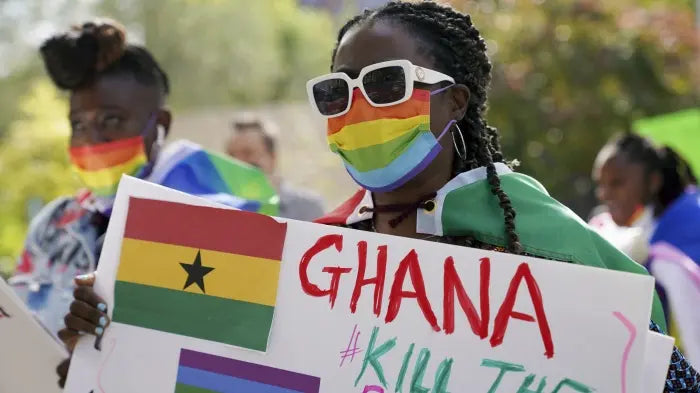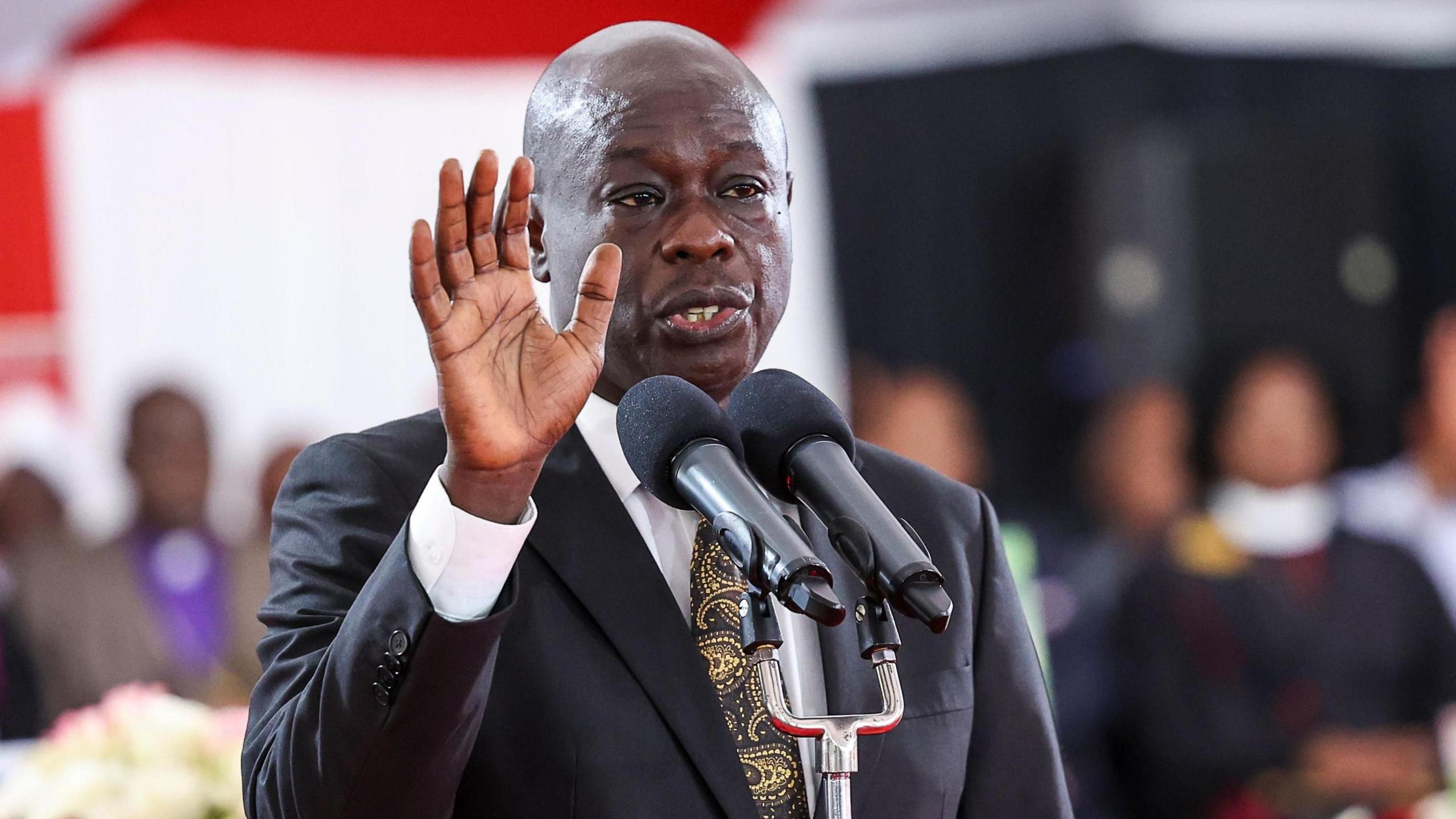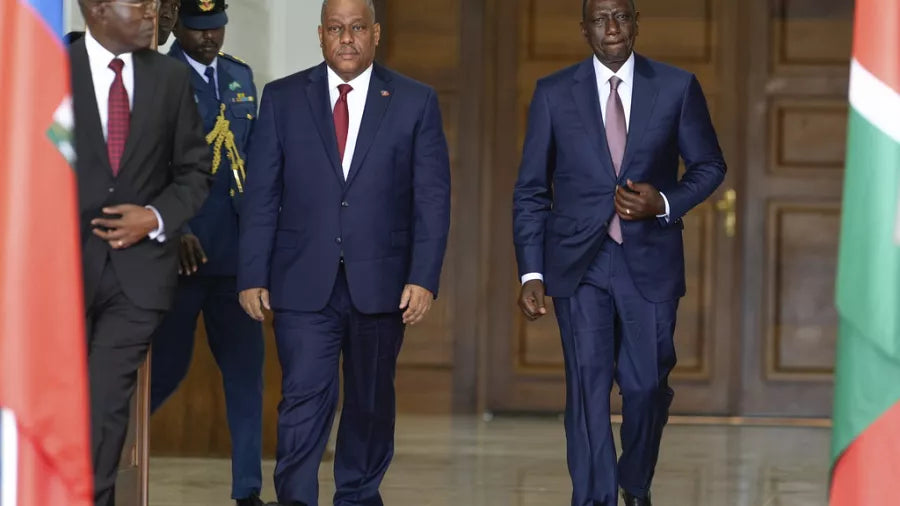
Ghana: Controversy over anti-LGBTQ+ bill intensifies
The debate over Ghana’s anti-LGBTQ+ bill continues to divide society and spark international reactions. The bill, passed by the Ghanaian parliament in February 2024, proposes sentences of up to three years in prison for people who identify as LGBTQ+ and up to five years for those who actively promote or support LGBTQ+ causes.
The issues of the bill
The bill seeks to criminalize any act of promoting LGBTQ+ rights, including public displays of affection and financial or media support for LGBTQ+ communities. Its supporters, including several influential religious figures, argue that the legislation is necessary to protect traditional values and children from the “dangers” of “promoting” homosexuality. Christian churches and religious leaders have played a central role in advocating for the legislation, arguing that it protects the Ghanaian family and society.
However, human rights groups and LGBTQ+ activists have denounced the bill as a flagrant violation of fundamental rights. They argue that the law contravenes the principles of freedom of expression, association, and equality enshrined in Ghana’s constitution. In July 2024, the Supreme Court postponed its decision on the bill’s constitutionality, leaving the bill in limbo.
International and economic pressures
The bill also has significant economic implications for Ghana. The Ministry of Finance has warned that enacting the bill could cost the country billions of dollars, due to the potential withdrawal of international funding, including from the World Bank and the International Monetary Fund. This pressure adds to an already difficult economic situation, with high inflation and a declining Ghanaian cedi.
President Nana Akufo-Addo, despite saying he would sign the law if the majority of Ghanaians wanted him to, now faces a dilemma. He must balance the domestic demands of those who support the legislation with the concerns of the international community, which views the law as an attack on human rights.
A divided society
Domestically, the bill continues to deeply divide public opinion. Ghanaian LGBTQ+ activists, supported by international rights groups, are calling for the legislation to be scrapped, seeing it as repressive and discriminatory. On the other hand, some members of the public and religious leaders see the bill as a bulwark against perceived Western influence on Ghana’s cultural values.
The fate of the bill now rests in the hands of President Akufo-Addo and the Supreme Court, with potentially lasting implications for the country's human rights and international relations.



Leave a comment
This site is protected by hCaptcha and the hCaptcha Privacy Policy and Terms of Service apply.